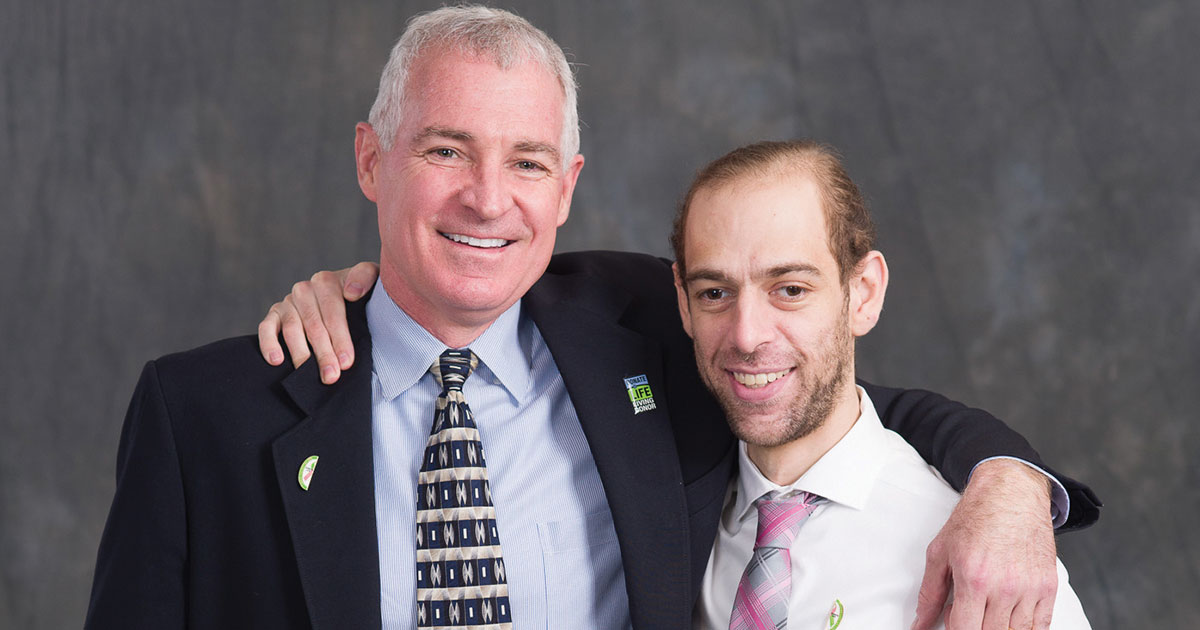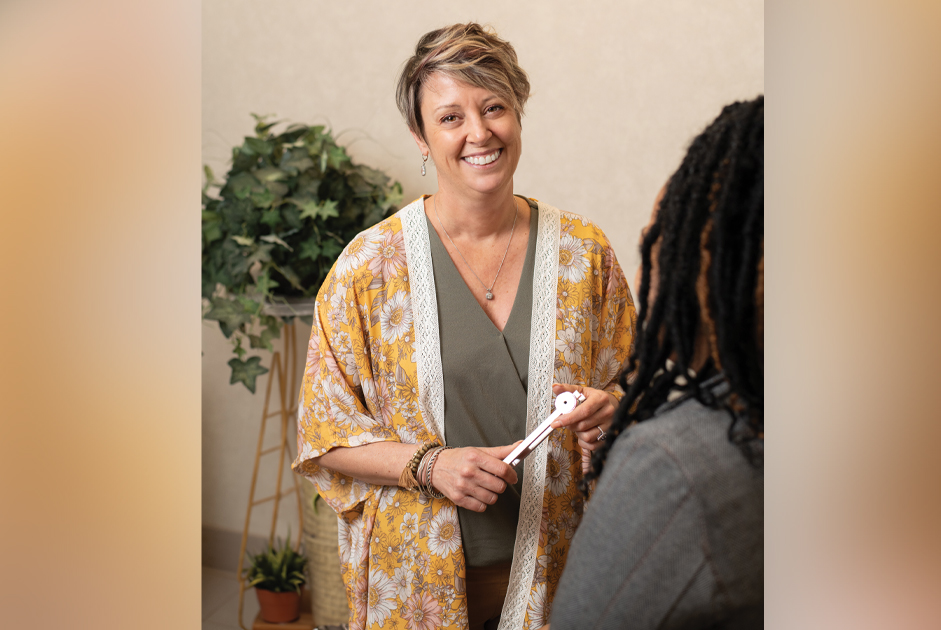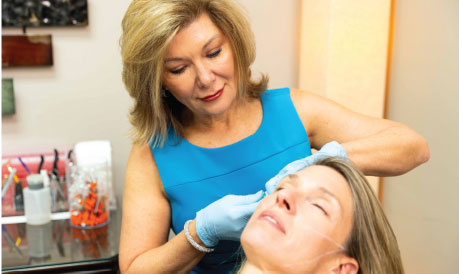April is National Donate Life Month. As of July 2019, over 112,081 men, women, and children are on the national transplant waitlist. In 2018, 35,528 transplants were performed. Within the US, 95% of adults support organ donation; however, only 58% are actually signed up as donors. With kidney donation, 50% of kidney donors are living donors, but the kidney also has the biggest gap between the number of donors/transplants and the number of patients waiting on the list. Many of us are listed as ‘donor’ on our driver’s license, should we die, but have you ever considered being a living donor?
The average wait time on a transplant list is four years or more for most blood types, and many people have higher risks of dying on the waitlist than surviving until they are high enough on the list to receive a deceased donor organ. Living donors are the only way this statistic will ever be overcome. Living donors don’t just save the life of the patient they donate to, but they save the life of the ‘next’ person on the deceased donor list by making it that much shorter.
Education of the Donation Process is Key
No one knows the statistics of organ donation and the lives behind the numbers better than Colleen Sheehan, Wake Forest Baptist Health Living Donor Transplant Coordinator. “As the living donor coordinator, I work with the donor through the evaluation process, scheduling surgery, and following up with them after the surgery. I am here to teach them about living donation, the benefits, risks, what to expect with the surgery. I am also making sure that the donor isn’t being pressured into doing anything they don’t want to do. All aspects of the transplant process are emotional, and all my patients, I treat my patients as if they were my family. Transparency is important with patients, sharing the good and the bad stuff even if they don’t want to hear it. My role is very rewarding, helping all involved along in the process,” said Colleen. So what is the process to being a living donor?
The process of becoming a living donor begins with an in-depth questionnaire, which is reviewed and approved by a physician. If the donor is approved, the compatibility testing of blood and tissue typing between the donor and recipient occurs. Beyond those tests is the medical evaluation which Colleen describes as ‘the best physical they will ever get.’ In the case of kidney donation, tests are run to make sure the donor has enough kidney function to live with one kidney. Nothing is left untested to make sure the transplant is safe for both the donor and recipient.
“Once all the testing is complete, we take the donor’s chart to selection meeting with the whole team sitting down and reviewing the entire donor work up to make sure it is safe for the donor to proceed. The donor and I will discuss a surgery date, making it convenient for donor and recipient, and then pre-op tests take place. At any time, the donor can change their mind; we are judgment-free. We make sure everyone knows what to expect from time in hospital, 2-3 days, for the donor, and 2-6 weeks off from work to recover. We are thorough with the donor process so there are no surprises,” Colleen commented.
As with anything in life, there are risks and Colleen shares those with possible donors. “The risks of complication related to the operation are very low with 6,867 people undergoing kidney donation last year. Overall the risks of developing kidney problems after donation are estimated at less than one-half of one percent, or 30 in 10,000 living donors. We take these risks very seriously, and the tests we do ensure low risks associated with donation,” stated Colleen.
There is no greater gift to give than a second chance at life through organ donation. For more information on donation, visit wakehealth.edu/Specialty/a/Abdominal-Organ-Transplant-Program/Living-Donor-Program. Potential donors can also call 336-713-5685 or email any questions to LivingDonation@wakehealth.edu.





















